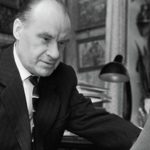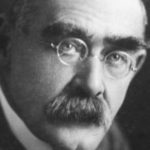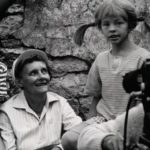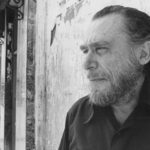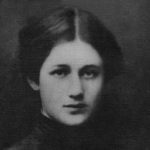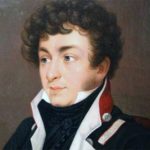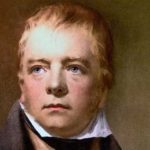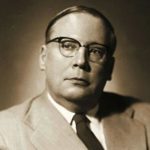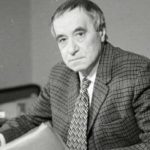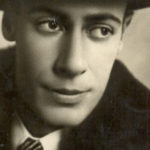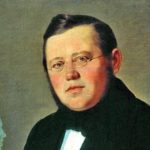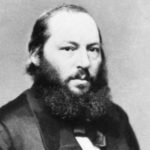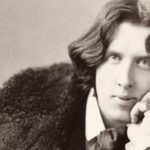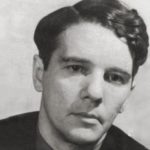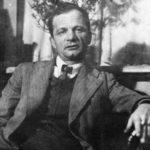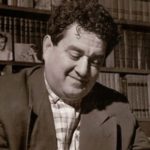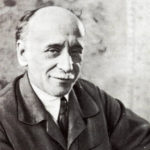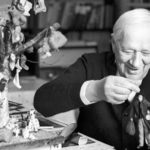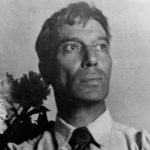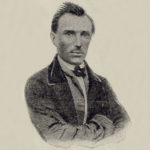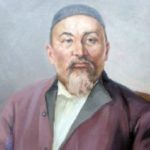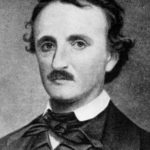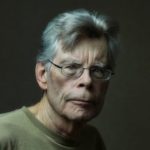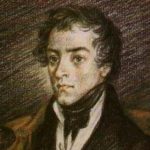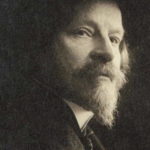Interesting facts about Agnie Barto
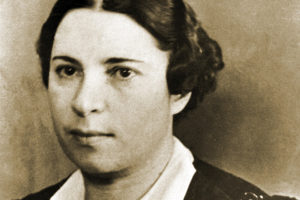 Agnia Barto loved children with all her heart. How else can one explain that it was her children’s poems that sank so deeply in the hearts of those of us who read them in our childhood? In addition, Barto showed herself not only as a talented poetess, but also as a great radio host and screenwriter.
Agnia Barto loved children with all her heart. How else can one explain that it was her children’s poems that sank so deeply in the hearts of those of us who read them in our childhood? In addition, Barto showed herself not only as a talented poetess, but also as a great radio host and screenwriter.
Barto’s biographers have still not disagreed when the future children’s writer was born – in 1905 or 1906.
Perhaps an interest in poetry arose in little Agnia thanks to Uncle Gregory Bloch, a famous doctor who also wrote children’s poems.
Agnia Volova (this was the name of Barto before marriage) graduated from the choreography school and for about a year she was a ballerina in the theater troupe.
In her youth, Agniya managed to work in a clothing store to financially support her parents. She had to lie about her age, since the girl was only 15 years old, and sixteen-year-olds were hired.
Anatoly Lunacharsky, People’s Commissar of Education, advised the poet of the Enlightenment to start a career as a poetess Volovoi, who accidentally heard her reading her poems.
The first husband of the future poetess was the writer Pavel Barto. As a result of their six-year marriage, the son Edgar and three joint poems were born.
Barto and her family spent the war years in Sverdlovsk, where the poetess had to work as a turner – she said that she went to this job in order to communicate more with teenagers and to draw inspiration for poetry.
During the Second World War, Barto received a state award and gave all the money to build a tank.
The victory in the war for Barto was overshadowed by personal tragedy – on May 5, a 18-year-old son, riding a bicycle, was killed by a truck to death.
The second husband of the writer was Academician Andrei Shcheglyaev, who was engaged in issues of power engineering. Soon the couple had a daughter, Tatyana, who became a candidate of technical sciences.
Agnia Barto warmly condemned the publication of folk tales, as they, in her opinion, interfered with the education of children in the spirit of socialism. She also opposed the work of Korney Chukovsky and his daughter Lydia.


